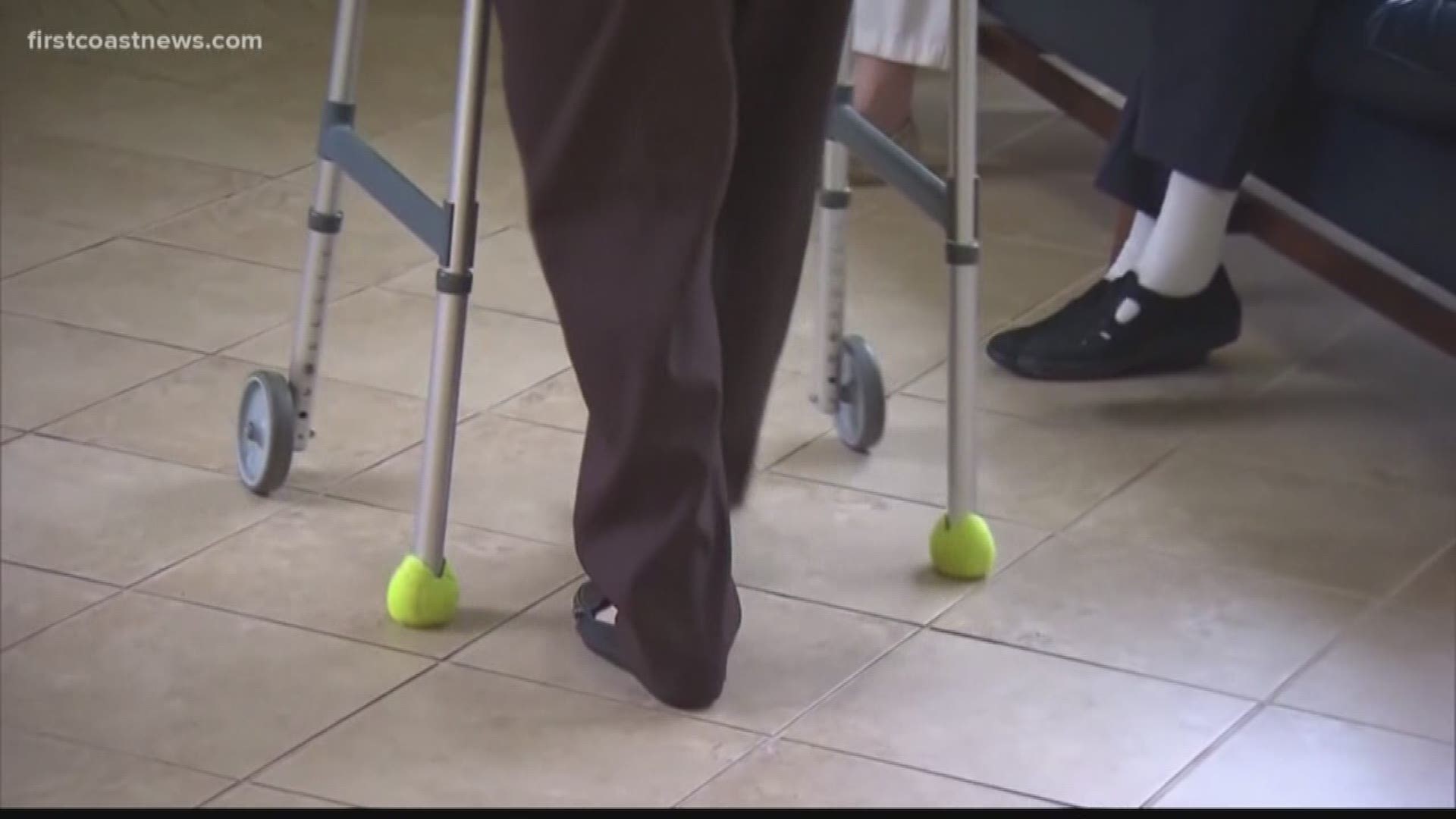JACKSONVILLE, Fla — While so many are staying home in order to stop community spread of COVID-19 and "flatten the curve," social distancing can have a disproportionate effect on vulnerable seniors who may not be ready to shift their lives online.
Tom Robinson is on the Public Policy Council of the American Foundation for Suicide Prevention, or AFSP. Robinson said the requirements of social distancing, while necessary to protect the elderly and other at-risk populations can also have a significant effect on mental health.
"The social isolation is a huge factor," Robinson said. "They're social animals, they like to go out and do things in their peer groups. They want to play bridge with their neighbors, they want to go to church in person."
With businesses, social meetings and church services shifting online, there may be an emerging technology gap that could potentially leave behind some seniors. So how can you make a difference? Simple. Call your loved ones.
"If there's a silver lining to any of this, perhaps it's an awakening of the need to stay in touch with people," Robinson said. "Reach out, make the connections that maybe we didn't even think about or we took for granted."
AFSP lists the following factors as having the most impact on the mental health of senior citizens during this pandemic:
- Mental health conditions. In an article, AFSP Chief Medical Officer Christine Moutier writes, "The stress of COVID-19, the uncertainty it creates, and the potential for older adults to be more susceptible to the virus, can exacerbate any underlying risk for depression or anxiety."
- Physical health, pain and disability. Chronic health conditions can exacerbate the stress elderly may feel about the pandemic.
- Social isolation. The support system that many senior citizens rely on has been disrupted due to self-isolation and social distancing.
- Losses. Experiencing the death of close friends, family or caretakers due to COVID-19 and other age-related health conditions can be traumatic and worsen stress levels.
Robinson suggests that instead of calling your parents, grandparents, aunts and uncles once or twice a week or month, try calling them every day. Get your children involved in the calls, and maybe even include your relatives in meals around the dinner table.
And what about those elderly Americans who do not have the support systems others are so fortunate to have? Those senior citizens who do not have family or friends, and maybe in an area where they do not know people.
"Maybe that's a rallying cry for all of us to stop and think about those people," Robinson said. "Maybe there's something we can do to find ways to check on them, to let them know that somebody cares about them."
Reaching out to those people, like the neighbor on your block you may not know well, can be as simple as offering to pick up groceries or leaving a home-cooked meal at their doorstep.

